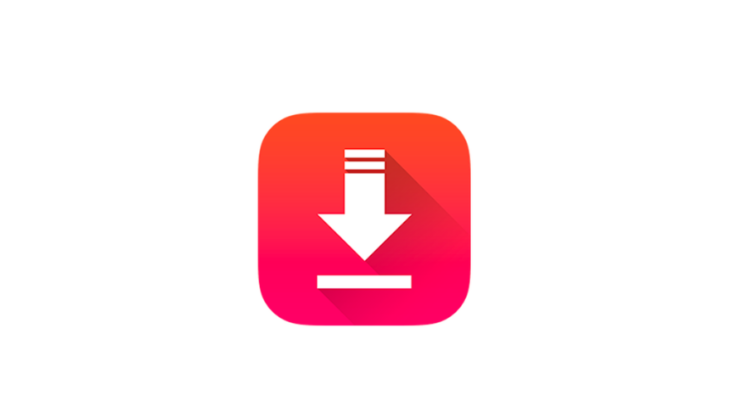
A digital data logger is an electronic device that measures various types of environmental conditions. Depending on the specific device, internal or external sensors record values such as temperature, humidity, pressure, or voltage. Digital data loggers contain a microprocessor that stores the recorded information for later retrieval and with software that comes with the device, the downloaded information that has been collected can be analyzed in graph or chart form. The purpose of a data logger is to provide a means to track and maintain compliance in industries that have strict guidelines related to different environmental conditions. Some data loggers can send alerts in to form of text messages or emails to prompt human intervention if a reading indicates a trend that could result in non-compliance. Data loggers play a huge role in the healthcare industry and in this article, we will explore that further.
Perishable Assets
This is probably the most important application of data loggers in the healthcare industry. Cold temperature storage and consistent humidity are crucial for keeping blood, vaccines, lab samples, and medications from spoiling. Without proper cold storage, these sensitive assets can be ruined and result in an inventory loss. Digital data loggers are used in short-term cold storage facilities, transportation of the perishable items, and monitoring the conditions once the items arrive at their final destination.
Compliance Issues
Digital data loggers (here are some examples from Dickson) are used not only to watch those sensitive assets such as blood, organs, and vaccines remain usable through proper storage, but they also act as tools that ensure cold storage facilities meet and maintain compliance. Proof of that is easy to access as a data logger stores readings internally that can be downloaded for analysis. This information can then be printed or emailed to regulatory bodies. This provides a simple method of verifying compliance with the authoritative bodies needing this information.
Maintain Conditions In Operating Room Settings
Hospital operating rooms require temperature and humidity control to prevent the development of contaminants. Plus, those sensitive assets that have been stored on-site must remain in cold storage until they are used in an operation. Various types of operations require temperature settings that must be monitored to ensure success. A digital data logger provides the ongoing readings to verify the conditions during the procedure.
Food Services Safety
The kitchen facilities of a hospital are an essential part of the facility. The food preparation for patients, staff, and visitors has to follow food safety guidelines. This means that storage has to be correct to prevent spoilage and loss. A digital data logger assists in making sure that the environment that food is being stored and prepared is safe for all. This is why both temperature and humidity levels must be carefully monitored in these facilities at all times.
Conditions During Transportation
Because digital data loggers are portable, they can monitor and record environmental conditions in various locations with ease. This also means that these devices can ride along with sensitive assets as they are being transported from Point A to Point B. The reliability and accuracy of the readings being collected provide proof that temperature or humidity values did not impact the integrity of the items that were being moved through the cold chain.
Digital Data Loggers Have Many Benefits
A digital data logger is an amazing little machine. It can be programmed to monitor specific conditions at specified intervals. It can be programmed to send information to key personnel, as well as who to alert if the data logger senses sudden changes in the conditions being monitored. Data loggers are portable, as stated above, which means they can be put in places where manual monitoring would be difficult to achieve. Plus, a digital data logger can sit in harsh conditions, such as a cold storage facility, and work without a problem where a human would not be able to complete the same task for as long a period.
Where a digital data logger provides the most benefit is in the quality of the readings being collected. As these monitors are digital, they can detect very slight variations in voltage, pressure, humidity, or temperature that could be missed through the use of analog or manual measuring devices. Where compliance issues depend on accurate readings, nothing quite compares to the precision that comes from using a digital data logger for these types of applications. With the ability to send alerts so that human intervention can adjust conditions when required, a data logger is a monitoring device with tremendous value.
Other Healthcare Applications
Aside from the obvious use of a data logger in cold storage facilities, operating rooms, and food services to monitor environmental conditions, they are also used in pharmacies and blood banks. With both of these sites handling sensitive assets, consistent temperature and humidity levels are required to prevent inventory loss. Plus, hospitals, in general, have to keep temperature levels throughout the building at a level that is comfortable for all who work and visit the facility not just patients but members of the general public on-site to see patients, attend lab appointments, or pick up prescriptions.
Conclusion
A digital data logger is an important tool that has many different applications within the healthcare industry. That is because there are conditions that require careful monitoring to prevent a loss, and provide comfort. With the bulk of the activity in these facilities revolving around the need to keep sensitive assets from spoiling, the need to have a reliable method of watching temperature and humidity is crucial. Digital data loggers provide the means to watch, record, and store monitored values and issue alerts if a problem is detected in settings where other methods could fail or are not as accurate. These electronic devices just need to be programmed at then left alone to do their job. There is no need to keep checking on them and data can be sent in real-time or downloaded later for close analysis. Digital data loggers are a smart investment to prevent the loss of perishable items.


